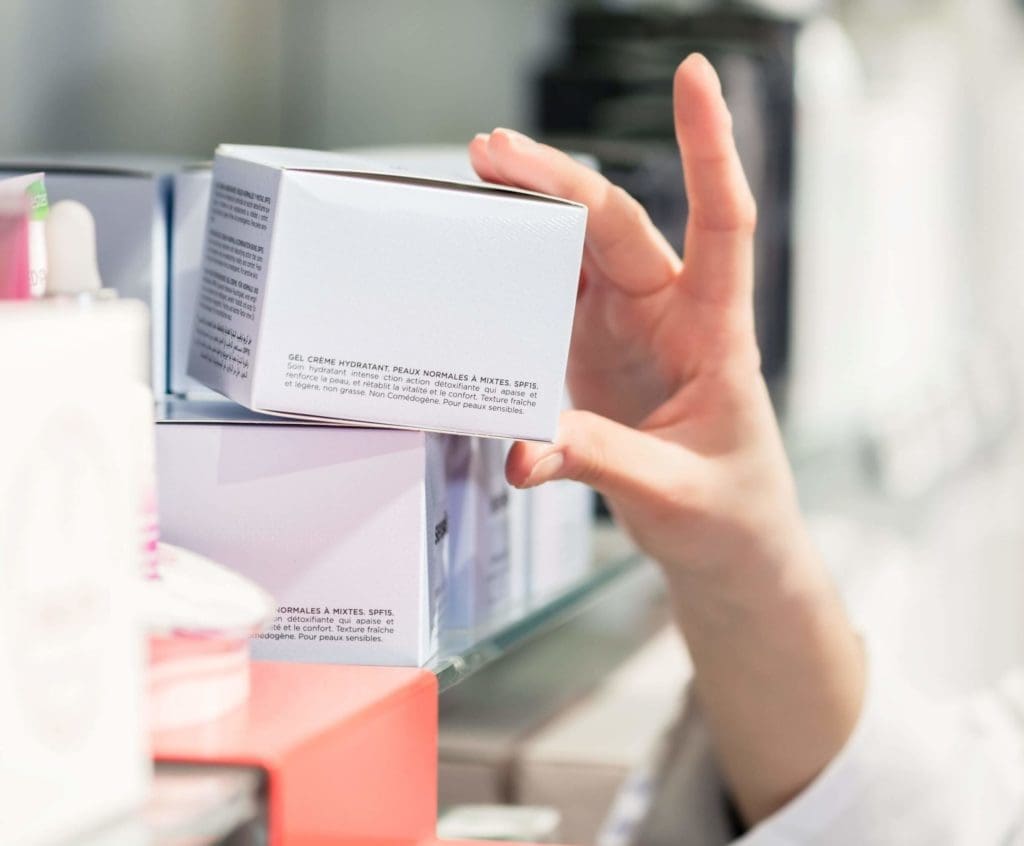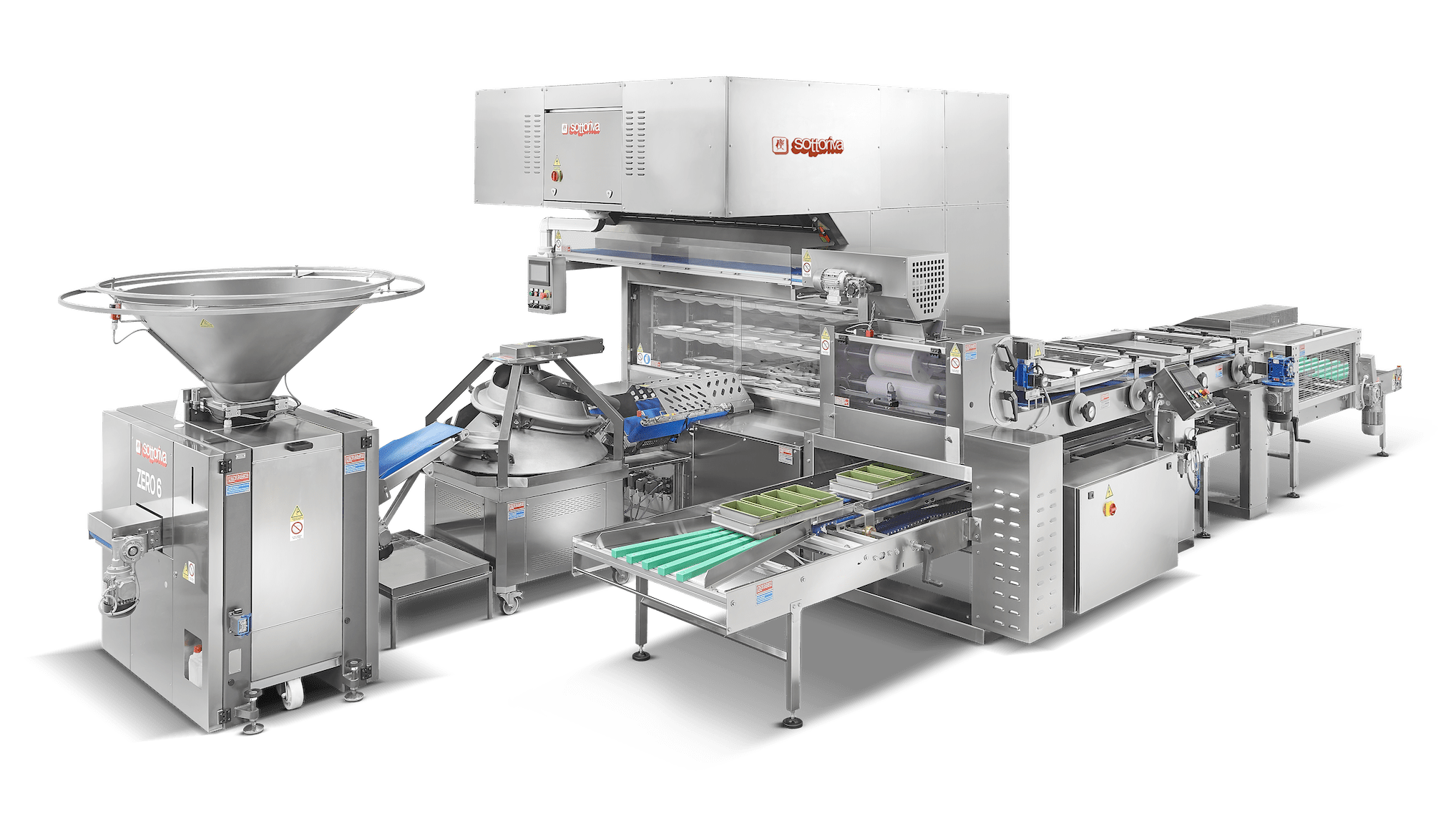
Winfried Muehling, Marketing & Communications Director, Pro Carton
In the current discussion around single-use and reusable packaging, I feel a crucial dimension is being lost: the consumer. Consumer engagement plays an essential role and policies to promote the circular economy will be most effective if they consider the factors that shape consumer behaviour and demands.
Consumers want to do ‘the right thing’, but legislators and businesses must first create the conditions for them to act. Their buy-in is absolutely crucial.
The European Commission’s proposal to amend the Packaging and Packaging Waste Regulation (PPWR) – which focuses on the implementation of reusable packaging – has proved a source of controversy, not least, because it appears to contradict the will of the consumer.
One of the conclusions from our 2023 consumer research, which examined the attitudes of over 5,000 Europeans towards the environment and packaging, was that consumers have a high level of trust in packaging material manufacturers and brand owners when it comes to securing a future with recyclable packaging solutions. In fact, 92% of consumers in Europe see the responsibility with packaging suppliers and brand owners, and only 8% with legislators.
Advocating for a mandatory reuse system undermines the ability of these stakeholders to innovate in such a way that drives the circular economy and to further improve recycling abilities in a sustainable and widespread way. This one-size-fits-all approach is a hindrance, not an aid.
Fortunately, there is another option: Life Cycle Assessments (LCAs). LCAs of packaging materials identify, quantify and assess sources of environmental impact throughout a product’s life cycle, taking into account the supply of raw materials for all packaging components, use of packaging and disposal after use.
The result is that product packaging can be scientifically evaluated on a case-by-case basis, accounting for the concerns and demands of the consumer, and closely evaluating the environmental impact of the packaging solutions chosen.
However, in disregarding science in favour of top-down regulation, we are seeing potential cracks start to appear in the Commission’s plans.

In Germany, in a bid to comply with the proposal, fast food restaurants have set up deposit systems for reusable packaging – including for “takeout” consumption. These require consumers to store reusable packaging, rinse it and return it to the restaurant to redeem their deposit. The system risks alienating consumers by demanding a less convenient habit change, driving up the costs of value meals (for a family, the deposit could be more than 10 euros) and creating uncertainty around food hygiene – a non-negotiable criterion.
The importance of consumer acceptance cannot be overstated if high return rates, and high rotation rates, are to be achieved. Unfortunately, there is little evidence to suggest consumers are on board.
Our recent survey, in which more than 1,000 German consumers were polled about their packaging preferences revealed that two-thirds (66%) of respondents demonstrated a low acceptance level of mandatory deposit schemes. Furthermore, in the fast-food setting, behaviours are largely the same, with 61% preferring to dispose of their packaging for recycling, compared to 39% who would choose to store, rinse and return reusable plastic packaging to a collection point.
It is worth remembering that Germany is a country in which deposit return systems have been used for decades in different variations.
Navigating this complex issue requires us to be agile and flexible – neither of which is possible with the current approach. Professionally prepared LCAs provided us with a clear avenue towards the circular economy, educating business owners on the best solution on a case-by-case basis, with close adherence to the demands of the consumers, and the interests of the environment.





